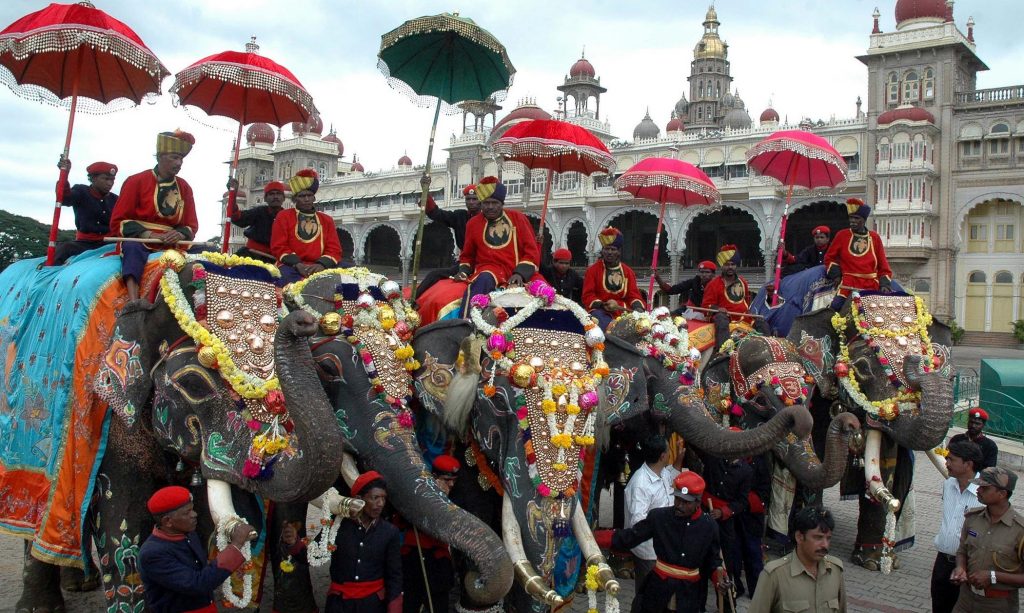The name of the state of Karnataka is derived from the Kannada words “Karu” and “Nadu” which means “Elevated Land”. Karu nadu may also be read as karu, meaning "black", and nadu, meaning "region", as a reference to the black cotton soil found in the Bayalu Seeme region of the state.
Britishers used the word Carnatic, and sometimes Karnatak for describing both sides of peninsular India.
Karnataka shares its borders with Goa, Maharashtra, Andhra Pradesh, Tamil Nadu and Kerala.
Karnataka is the place where the two main river systems of India flow out to the Bay of Bengal. These are river Krishna and Kaveri.
The modern state of Karnataka was created on 1 November 1956, with the passage of the States Reorganisation Act. It was first known as the State of Mysore and renamed Karnataka in 1973.
Originally known as the State of Mysore, it was renamed Karnataka in 1973.
Karnataka isn't the home for kannada alone. It is home for tulu, kodava and konkani as well. Tulu and kodava languages use kannada as writing script
Karnataka Khadi Gramodyoga Samyukta Sangha (KKGSS) is a manufacturing federation located in the Bengeri area of the city of Hubli in the Karnataka state. It is the only unit in India that is authorized to manufacture and supply the Indian National Flag.
Karanataka is the state which has oldest Gold Mines in Kolar.
The famous dishes from Karnataka are Bisi Bele Bhat and Tamarind Rice.
Bangaluru, the capital of Karnataka, is known as the 'Silicon Valley of India' for its role as country's leading exporter of IT Services.
